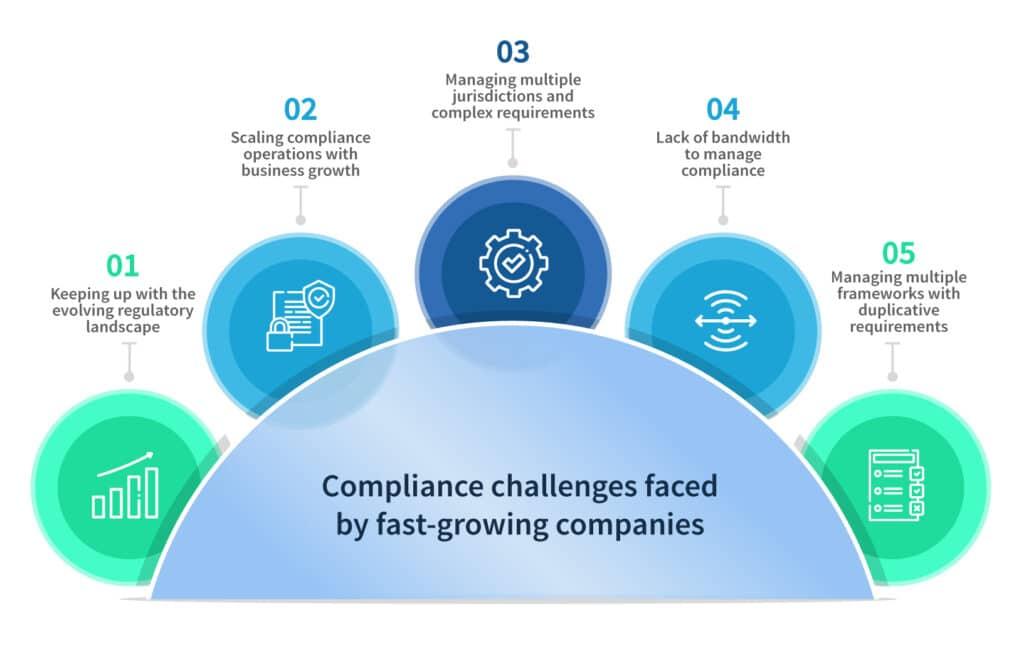In recent years, the financial landscape in the United Kingdom has witnessed a transformative shift with the rise of Buy Now, Pay Later (BNPL) services, capturing the attention of consumers and regulators alike. As these payment solutions gain widespread popularity for their accessibility and convenience, the need for clear regulatory frameworks has become pressing. This article embarks on a journey to unpack the intricacies of BNPL regulation and its ramifications for the UK banking sector. We will explore how new regulations aim to protect consumers, promote responsible lending, and ultimately reshape the relationships between traditional banks, alternative finance providers, and their clientele. As we delve into this evolving topic, we will navigate the potential challenges and opportunities that lie ahead for the UK’s financial ecosystem. Join us as we dissect the effects of BNPL regulation and its implications on the future of banking in the UK.
Understanding the BNPL Framework and Its Implications for Financial Institutions
As Buy Now, Pay Later (BNPL) services gain traction in the UK, understanding the regulatory framework surrounding them is critical for financial institutions navigating this evolving landscape. The Financial Conduct Authority (FCA) has stepped in to ensure consumer protections and risk mitigation are in place, leading to a new era of compliance and oversight. This has forced banks and lenders to reevaluate their risk appetite, pricing strategies, and engagement methods. They must adapt to the changing dynamics as more consumers gravitate towards BNPL options, which may lead to both opportunities and challenges in customer retention and financial health.
Financial institutions must particularly focus on several implications of the emerging regulations, including:
- Enhanced risk assessment protocols to evaluate borrowers’ long-term viability.
- Development of educational initiatives to inform consumers about the risks associated with BNPL schemes.
- Integration of new technology to facilitate compliance with reporting and monitoring requirements.
To illustrate the shifting landscape, consider the following table, showcasing recent developments in BNPL regulation and their potential impacts on lending practices:
| Regulation Aspect | Implication for Financial Institutions |
|---|---|
| Consumer Credit Reviews | Increased scrutiny on lending decisions and practices. |
| Transparency Requirements | Clearer communication of terms to consumers, enhancing trust. |
| Affordability Checks | Improved protection against over-leveraging consumers. |

Navigating Compliance Challenges: Strategies for UK Banks in a Regulated Environment
In the face of evolving regulations surrounding Buy Now, Pay Later (BNPL) services, UK banks must adopt a proactive approach to maintain compliance while remaining competitive. This involves not only understanding the intricacies of the new legislative landscape but also integrating robust compliance frameworks into their operational strategies. Key strategies to navigate these challenges include:
- Continuous Training: Regular compliance training for staff to ensure everyone is up-to-date with regulations.
- Technology Integration: Utilizing advanced compliance technology for real-time monitoring and reporting.
- Collaboration with Regulators: Engaging in open dialog with regulatory bodies to gain insights into forthcoming changes.
- Customer Transparency: Enhancing transparency regarding fees and terms of BNPL offerings to foster customer trust.
Effective compliance management will require a shift towards a more agile and dynamic framework. It’s imperative for banks to not only comply but to also leverage compliance as a competitive advantage. This can be achieved by:
| Action | Benefit |
|---|---|
| Implementing AI for Risk Assessment | Faster and more accurate identification of compliance risks |
| Building Customer Education Programs | Reduced misunderstandings around BNPL products |
| Regular Compliance Audits | Early detection of potential compliance issues |
By focusing on these strategic initiatives, UK banks can not only navigate the compliance challenges presented by BNPL regulations but can also position themselves to innovate and lead in a transformed banking landscape.

Consumer Protection and Financial Literacy: Enhancing the BNPL Experience
As the Buy Now, Pay Later (BNPL) sector continues to evolve, the importance of consumer protection and financial literacy becomes increasingly critical. Ensuring customers fully understand the implications of their financing choices can significantly enhance their BNPL experience. Businesses must prioritize the implementation of educational resources that empower consumers with knowledge about managing repayments and recognizing potential financial risks associated with BNPL agreements. A well-informed customer is more likely to make responsible decisions, reducing over-indebtedness and fostering a positive relationship with financial institutions.
Additionally, fostering a culture of transparency in BNPL offerings can enhance trust between consumers and providers. Financial institutions could benefit from providing clear and straightforward information on terms, fees, and the mechanics of repayment schedules. Here are some recommended practices that could be adopted:
- Clear Communication: Ensure that terms are conveyed in simple language.
- Financial Literacy Programs: Offer workshops or online courses to educate consumers.
- Transparent Fees: Disclose all associated costs upfront to avoid surprises.
- Interactive Tools: Provide calculators to help consumers understand their payment plans.
| Key Aspects | Description |
|---|---|
| Consumer Education | Focus on teaching consumers about responsible usage and implications of BNPL. |
| Transparency in Terms | Clear disclosure of all fees and terms associated with BNPL options. |
| Support Resources | Provide customer service support for inquiries on BNPL contracts. |

Future Trends: Predicting the Impact of Regulation on the Evolution of BNPL Services
The regulation of Buy Now Pay Later (BNPL) services is poised to be a game-changer in the UK financial landscape, ushering in a new era of consumer finance. As government bodies tighten their grip on BNPL providers, this shift could herald several unexpected consequences, including:
- Enhanced Consumer Protection: Stricter regulations are likely to prioritize transparency, ensuring that consumers fully understand their financial commitments and the potential risks involved.
- Market Consolidation: Smaller BNPL players may struggle to comply with new rules, potentially leading to a concentration of services under major financial institutions.
- Innovation in Lending Solutions: To remain competitive, BNPL providers may explore alternative offerings, including personalized payment plans tailored to individual user profiles.
Looking ahead, the financial ecosystem may also experience refinements in collaboration between technology and regulatory standards. Moving forward, BNPL companies could find themselves innovating new solutions while adapting to the evolving compliance landscape. Anticipated impacts include:
- Integration of AI-driven Risk Assessment: Lenders may deploy advanced algorithms to predict consumer behavior, ensuring loans are extended responsibly.
- Emergence of Co-Regulated Fintech Partnerships: Financial institutions may team up with fintech innovators to provide compliant BNPL options, blending agility with oversight.
- Shift in Consumer Attitudes: As customers become more aware of the implications of BNPL, we may see a reevaluation of borrowing habits, driving a demand for products that align with responsible spending practices.
| Potential Outcomes | Impact on Market |
|---|---|
| Stricter Regulations | Increased Consumer Awareness |
| Consolidation of BNPL Providers | Fewer Choices for Consumers |
| Technological Innovations | Responsible Lending Practices |
To Conclude
As we stand on the precipice of significant change within the UK banking landscape, the emergence of Buy Now, Pay Later (BNPL) regulation marks a pivotal moment for consumers and financial institutions alike. The intricate dance between convenience and responsibility is being redefined, balancing consumer freedom with the necessity of safeguards. While the regulations aim to foster a healthier credit environment, they also prompt a re-evaluation of traditional banking paradigms and the evolving role of lenders in a democratized credit landscape.
As we unpack the effects of these regulations, the narrative reminds us that financial innovation is both a boon and a challenge. It beckons us to consider how the very frameworks designed to protect us can also reshape our relationship with money. The journey ahead will require vigilance as we adapt to these changes, ensuring that the landscape remains not only accessible but also secure for all participants.
In this evolving paradigm, understanding both the nuances of BNPL regulations and their repercussions on the broader banking scene will be essential. By fostering dialog and remaining informed, we can navigate this transformative period with a keen awareness of its potential impacts on our financial futures. As with any significant shift, the road may be bumpy, but it also paves the way for a more thoughtful and inclusive approach to credit. Thus, the story of BNPL regulation is not just about immediate effects—it’s about shaping a sustainable and responsible financial ecosystem for generations to come.
